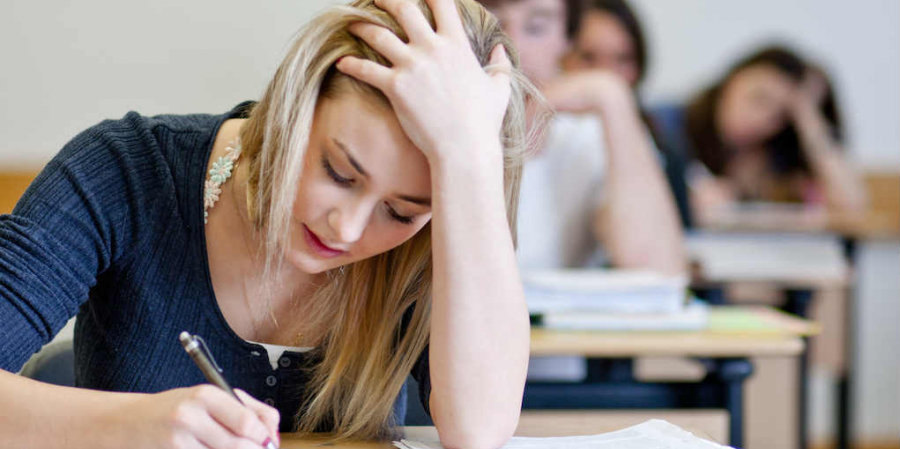

Examinations have long been regarded as a central component of education systems around the world. They are used to assess a student's knowledge, skills, and overall ability to grasp subject matter. While exams offer a standardized way to measure performance, they are often criticized for being a limited and sometimes inaccurate method of assessing a person's true ability. There are several reasons why exams do not fully capture an individual's capabilities, ranging from the narrow scope of their assessment to the pressure and anxiety they induce, which can inhibit performance. This essay will explore these points to explain why examinations are not a reliable indicator of a person's overall ability.
Limited Scope of Assessment
One of the primary arguments against examinations is that they assess only a narrow aspect of a person's knowledge and skills. Most exams focus on memorization and the ability to recall information under timed conditions. They often test a student's ability to regurgitate facts and formulas, rather than their capacity for critical thinking, creativity, or problem-solving in real-world contexts. For instance, in many science and math exams, students are often asked to solve equations or recall specific concepts, but they are rarely assessed on how well they can apply that knowledge to real-life situations or innovate within their field. Similarly, in subjects like history or literature, exams often reward students for memorizing dates, events, and interpretations, rather than for developing their own well-formed analyses or arguments.
Anxiety and Pressure
Another significant limitation of exams is the pressure they place on students. The high stakes associated with exams can induce stress and anxiety, which may hinder a person's performance and cloud their true abilities. Some individuals may perform poorly on exams not because they lack knowledge or understanding, but because they suffer from test anxiety. This condition can cause students to blank out, make careless mistakes, or become overwhelmed, leading to lower scores that are not reflective of their actual intelligence or capabilities. The fear of failure can paralyze even the most capable students, making exams a poor measure of their true potential.
Learning Styles and Individual Differences
People learn and demonstrate their abilities in different ways, and exams do not account for this diversity. Some students may excel in written tests because they are good at quickly recalling information, while others may struggle because they require more time to process and reflect. For instance, students who are more inclined toward hands-on learning or practical tasks may find it difficult to perform well in traditional written exams, even though they may possess a deep understanding of the subject. Moreover, exams generally do not consider non-academic skills, such as interpersonal communication, leadership, or emotional intelligence, which are critical abilities in many areas of life and work.
Creativity and Critical Thinking
Exams often discourage creativity and critical thinking, as students are usually asked to provide answers that conform to predefined criteria. This approach leaves little room for original thought or innovation. In real-world scenarios, people are often required to think outside the box, come up with novel solutions to problems, and adapt to changing circumstances. However, most exams reward conformity and penalize deviation from the established norms. This can stifle the intellectual curiosity and creativity of students, leading to an incomplete assessment of their true potential.
Conclusion
While examinations can offer a standardized way to assess certain types of knowledge, they are not a comprehensive or accurate measure of a person's ability. Exams focus on a narrow range of skills, primarily memorization and recall, and often fail to account for individual learning styles, creativity, and real-world problem-solving capabilities. Moreover, the stress and anxiety induced by exams can hinder performance, making them an unreliable indicator of a student's true potential. To better assess a person's abilities, education systems should incorporate a broader range of assessment methods that evaluate not just academic knowledge but also practical, interpersonal, and creative skills.


